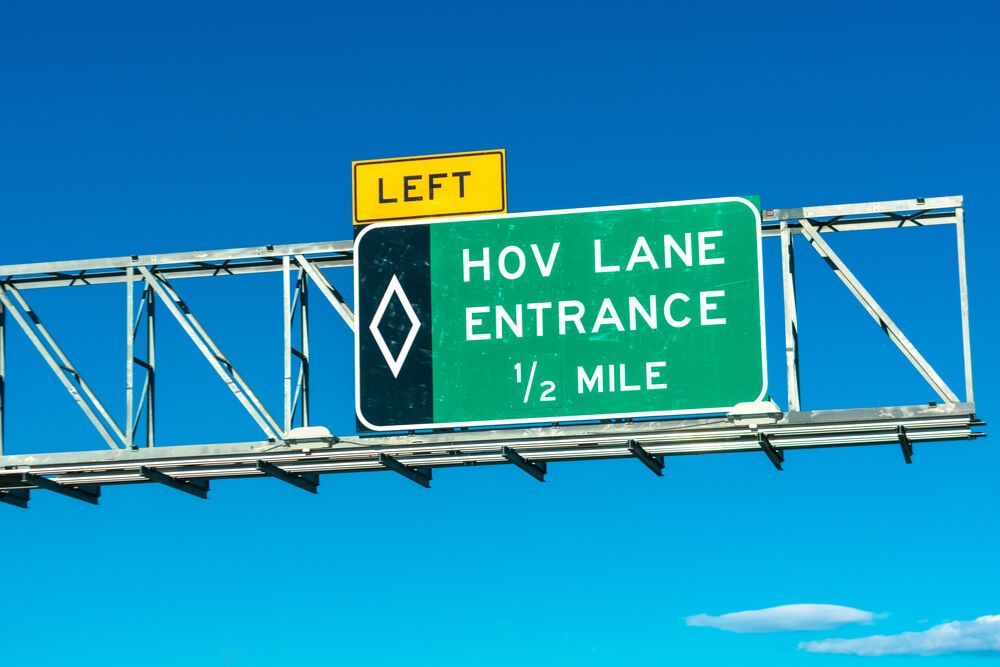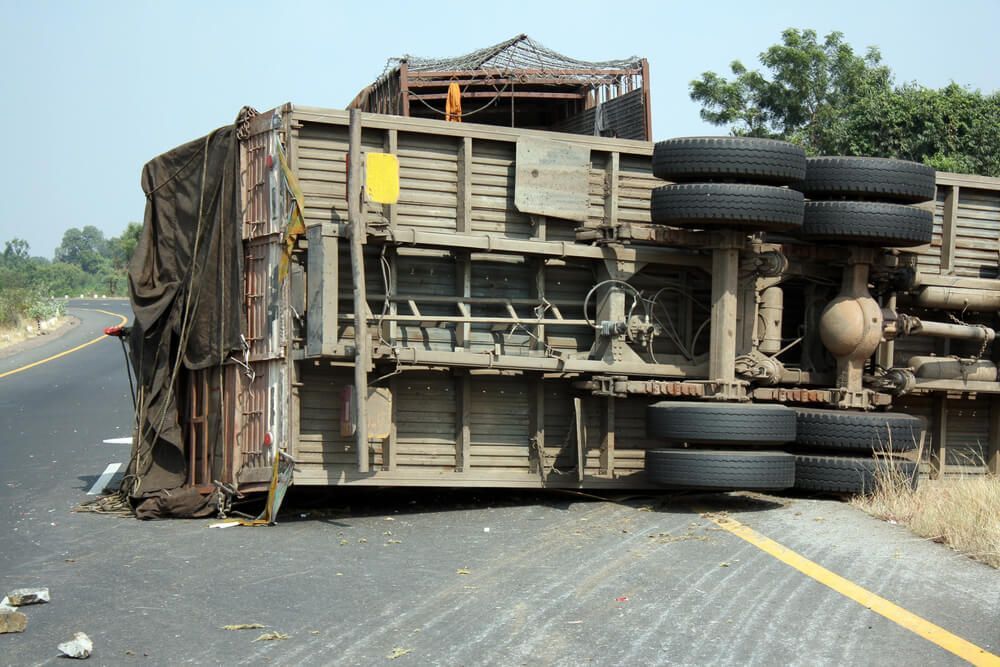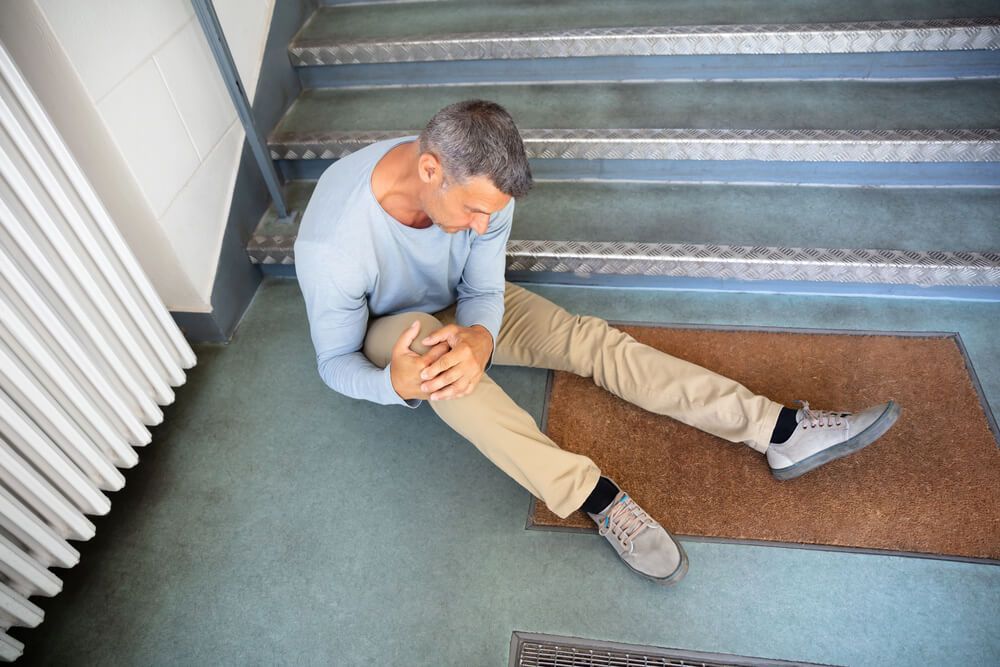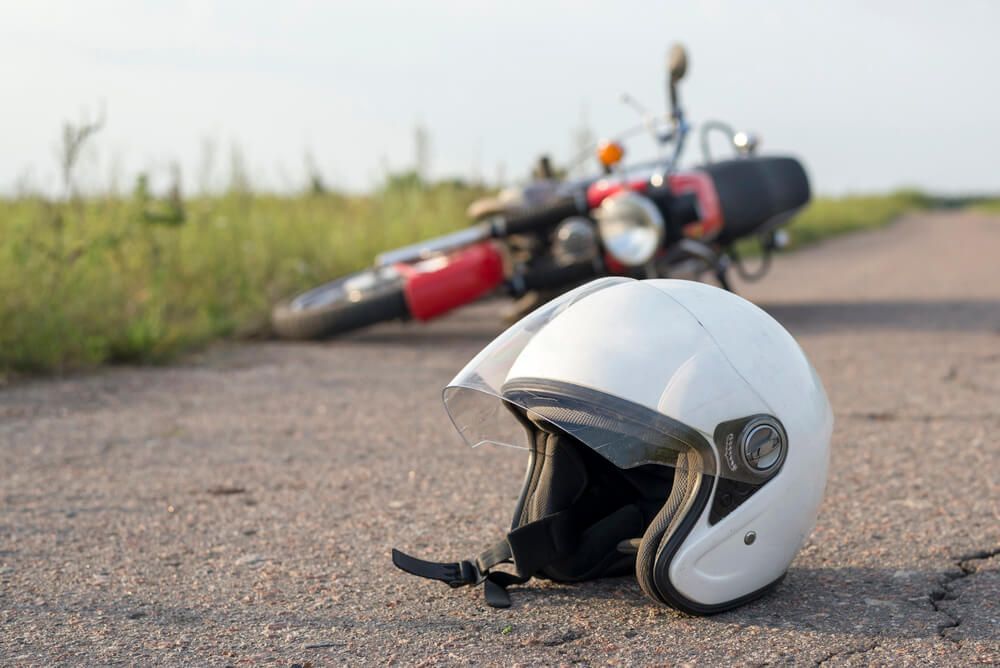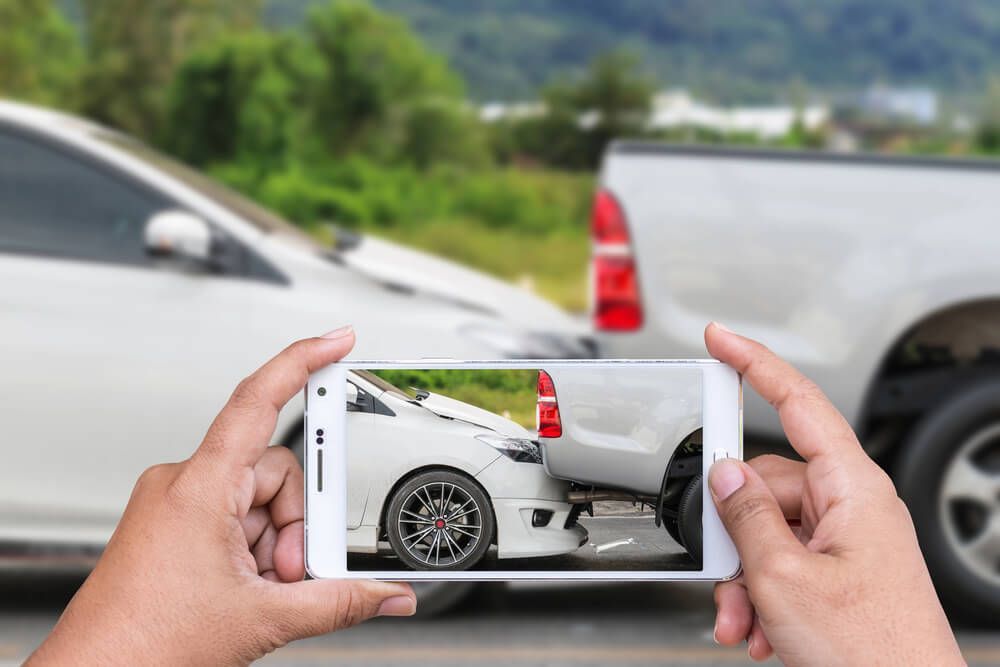Is Brake Checking Illegal in Arizona?
Recent Blog Posts
Is Brake Checking Illegal in Arizona?
You've likely seen drivers tap or even slam on their brakes to express frustration to a vehicle behind them. These individuals may even operate under the assumption that a rear-end collision is always legally the fault of the rear driver.
However, that raises the question: Is brake checking illegal, and who is liable for a rear-end collision when the lead driver brakes suddenly? Learn what you need to know about brake checking and how a Phoenix injury attorney from Sargon Law Group can assist you after a crash.
Is Brake Checking Illegal in Arizona?
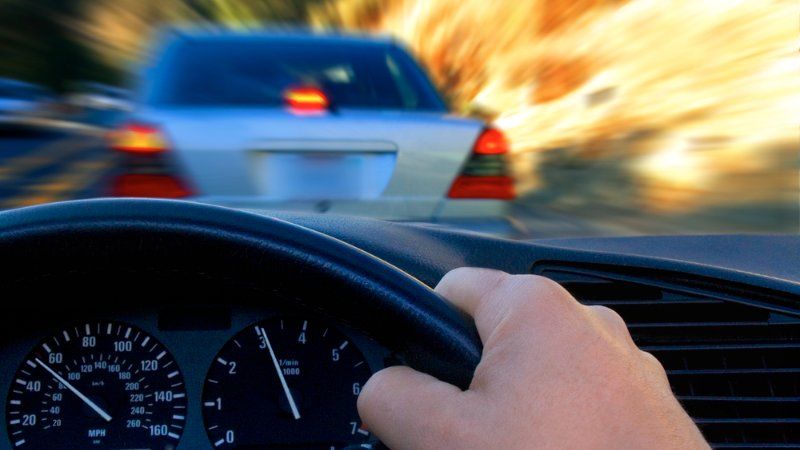
Brake checking is illegal in Arizona and many other states, either explicitly or implicitly. Officers in Arizona can classify an act of brake checking as aggressive or reckless driving, leading to criminal penalties. Additionally, if someone brake checks you and causes a wreck, you have the right to file a civil suit and request payment for your losses.
What Is Brake Checking, and Why Do Drivers Do It?
A brake check is when a driver suddenly hits the brakes without any reason other than to send an angry message or shock a driver behind them. This maneuver might be in response to a real or perceived slight or even be a prank on a friend or family member. However, the practice is far from harmless, which is why brake checking is illegal.
One of the most common reasons drivers brake check is when they believe a driver behind them is following too closely. The lead driver may slam on the brakes to tell you to back off. Another reason could be that you unintentionally left on your high beams, which could be distracting or even blinding to the driver in front of you.
In other instances, a driver might believe that you cut them off in traffic. In a fit of road rage, that driver could retaliate by speeding up to get in front of you and then execute a brake check to teach you a lesson." In any case, brake checking is an illegal, immature and irresponsible action.
Worst of all, a driver might brake check you to intentionally cause an accident. The person may want to defraud you or an insurance company to get a payout.
Why Is Brake Checking Illegal?
Everyone makes mistakes on the road, and there is nothing technically wrong with alerting another driver about an error. However, brake checking is illegal because it only makes a dangerous situation worse.
A brake check can cause an accident that seriously harms passengers in both vehicles. Furthermore, it can cause a collision with additional vehicles, leading to a massive pileup and even greater property damage and personal injury.
What Kinds of Accidents Can Brake Checking Cause?
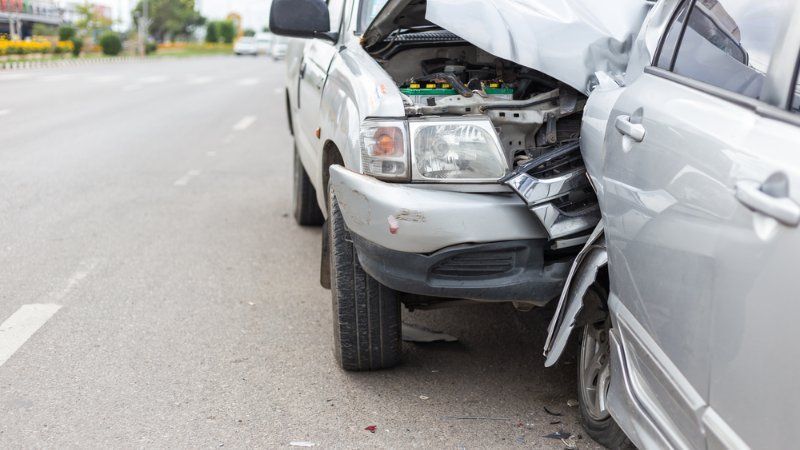
While rear-end collisions are the most common type of accident from a brake check, you also might swerve to avoid hitting the lead vehicle. Consequently, you could unintentionally sideswipe someone traveling alongside or behind you.
Even more dangerous is if you happen to veer or spin into oncoming traffic. According to the National Safety Council, such angle and head-on crashes are the deadliest collisions, which only reaffirms why brake checking is illegal.
Even if you don't swerve or hit the car in front of you, the cars behind you could have too little time to react. As a result, someone could rear-end you, and a multivehicle wreck might occur.
Who Is Liable for a Brake-Checking Accident?
Arizona law requires drivers to maintain a safe distance from vehicles in front of them to prevent accidents, even for illegal brake checking. Thus, a court might still hold you accountable to some degree for an accident that happens after someone brake checks you.
However, Arizona also operates on the pure comparative negligence system for personal injury cases. Therefore, you can still recover damages from other parties for however much they are liable for the accident, no matter how much liability the court or insurance company wants to assign to you.
In certain cases, the brake-checking driver might not be the only other party at fault. For example, poor road conditions could make a government entity liable, such as a municipality like Mesa or Gilbert. If your brakes fail to operate properly or you suffer another type of mechanical malfunction, the vehicle manufacturer, parts manufacturer or a repair shop might also bear a portion of the responsibility and owe you damages.
How Do You Prove Brake Checking Occurred?
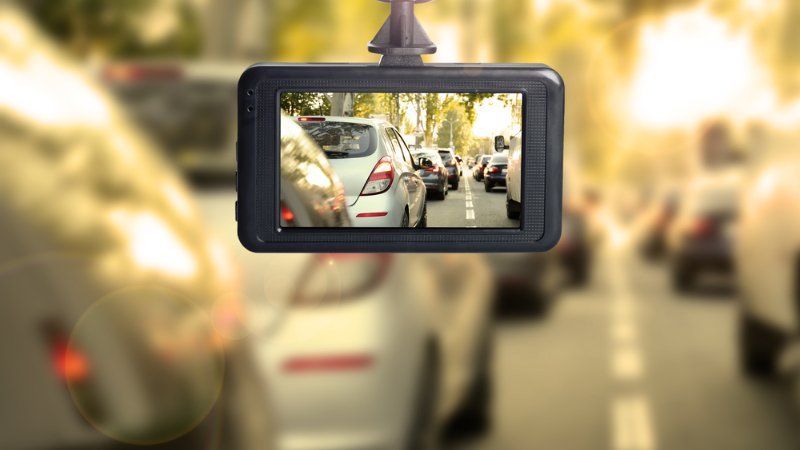
It can be challenging to prove a driver brake checked you because you'll need to establish intent. That individual may already understand that brake checking is illegal and claim a supposedly legitimate reason for stopping suddenly.
You'll need any evidence you can gather to support your case, such as:
- Dashcam footage
- Eyewitness statements
- Video surveillance from nearby homes or businesses
- The police report
The sooner you start collecting evidence, the stronger your argument can be.
How Long Do You Have To File a Claim?
The standard deadline for filing a personal injury claim is two years after an accident in Arizona. However, you only have 180 days if the claim is against a public entity or one of its employees.
Minors can have longer to file a claim. Often, the clock doesn't start ticking until the child turns 18, but delaying action can result in weaker evidence for your case.
What Compensation Can You Seek for a Brake-Checking Accident?
You can pursue compensation for economic and noneconomic losses after an illegal brake-checking accident. Economic damages include anything for which you incurred a specific expense. For example, medical bills, lost time from your job and the cost to repair or replace property are economic damages.
In contrast, noneconomic losses are damages you suffer that have no clear monetary value. Such things could be pain and suffering or psychological trauma. If a loved one dies due to a brake-checking accident, your family can sue for the pain you experience besides the expenses of the burial and funeral.
Contact an Experienced Maricopa County Accident Attorney After an Illegal Brake Checking Accident
All drivers should understand that brake checking is illegal and dangerous. If you or a loved one experiences a brake-checking accident in Surprise, Chandler or any other city in Maricopa County, contact Sargon Law Group for a free consultation with our Phoenix car accident attorney. We're ready to offer you compassionate and confident representation.
